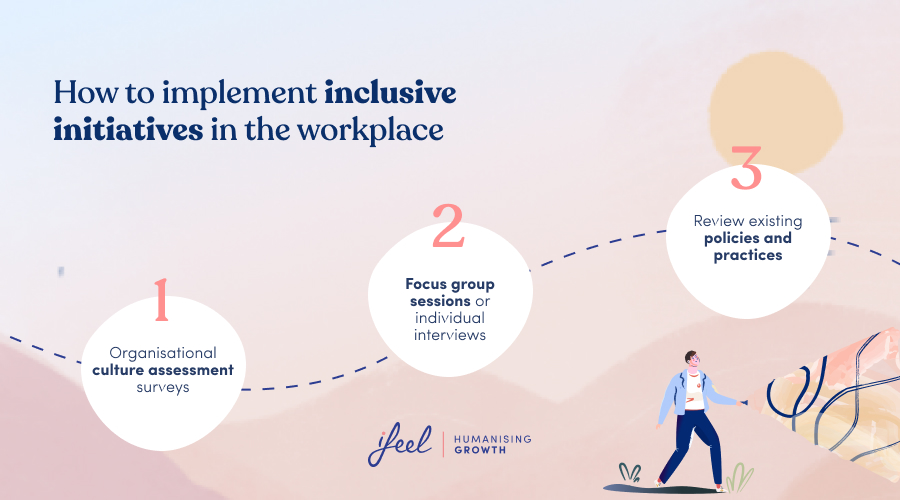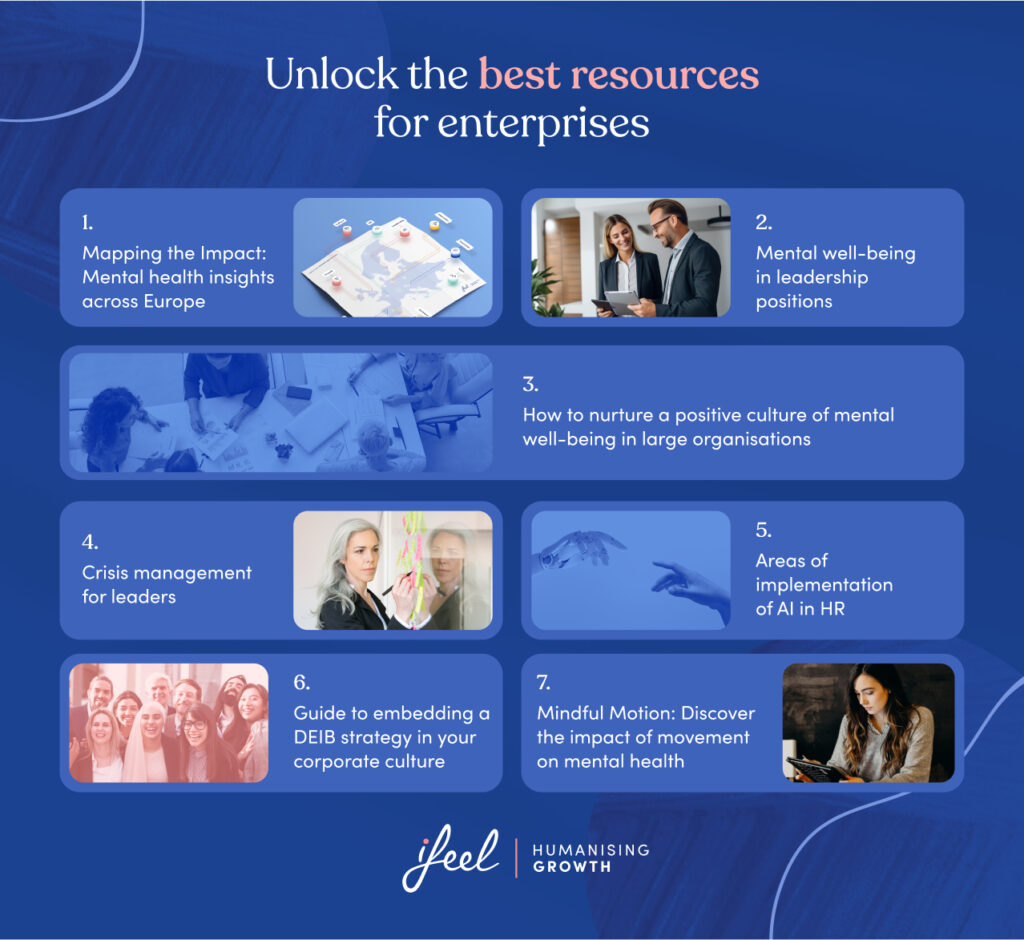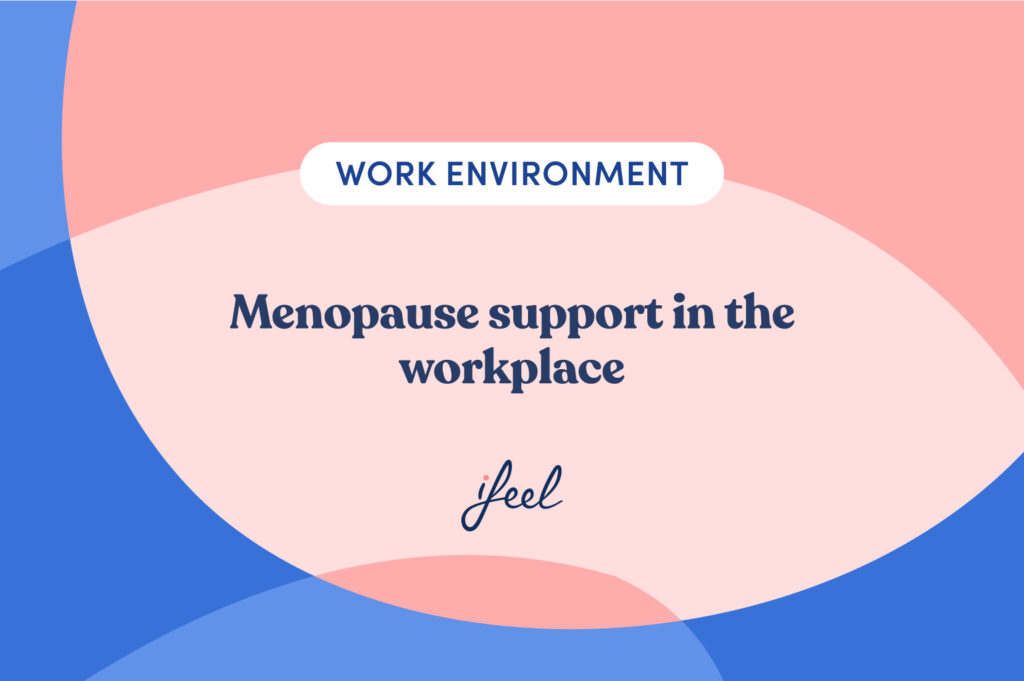As demographics shift and awareness of employee well-being grows, supporting women experiencing menopause becomes a crucial consideration for modern workplaces. Menopause, a natural phase in a woman’s life, can present various challenges that impact personal, professional, and social aspects. Organisations committed to fostering inclusive and supportive environments must implement effective strategies to assist employees navigating this transition. Effective menopause support in the workplace can significantly improve job satisfaction and productivity.
Understanding menopause
Menopause marks the end of a woman’s reproductive years, typically occurring between 45 and 55. It brings about hormonal changes that can lead to a range of physical and emotional symptoms, affecting work performance and quality of life. Symptoms may include hot flashes, mood swings, sleep disturbances, and cognitive changes, all of which can interfere with daily functioning. Given these potential impacts, menopause support in the workplace is essential to help women manage these symptoms effectively, ensuring they feel valued and understood by their employers.
In the workplace, menopause can directly impact productivity and morale. Studies show that two-thirds (67%) of women (aged 40 to 60 in employment) with experience of menopausal symptoms say they have had a mostly negative effect on them at work. Women may feel hesitant to discuss their symptoms due to stigma or misunderstanding, leading to a lack of adequate menopause support in the workplace. This can result in increased absenteeism, reduced performance, and a decline in overall job satisfaction. Therefore, it is imperative for organisations to establish comprehensive menopause support in the workplace, fostering an environment where women feel comfortable and supported during this significant life phase.
Challenges faced
Women experiencing menopause often encounter several workplace challenges:
- Physical discomfort: Symptoms such as hot flashes and sleep disturbances can lead to fatigue and discomfort, impacting concentration and productivity. Menopause support in the workplace can include creating comfortable environments and offering flexible work arrangements to mitigate these issues.
- Emotional Variability: Anxiety may affect interpersonal relationships and communication, creating stress in team dynamics. Providing support through counselling and mental health resources can alleviate these emotional challenges.
- Cognitive Changes: Issues like memory lapses and difficulty concentrating can reduce work efficiency and confidence. By implementing menopause support in the workplace, such as cognitive workshops and stress management programs, employers can help maintain productivity.
- Stigma and Misunderstanding: Lack of awareness and understanding about menopause can lead to discomfort in discussing symptoms, resulting in inadequate support. Educating and training staff is a critical, ensuring all employees understand and empathise with the challenges faced by menopausal colleagues.
Practical support strategies for employers
To create a supportive workplace for menopausal employees, organisations can implement the following strategies:
- Flexible working arrangements: Allow flexible hours or the option to work remotely, providing employees the ability to manage symptoms discreetly and effectively. This is a vital aspect of menopause support in the workplace.
- Menopause awareness training: Educate the workforce about menopause, fostering an environment of understanding and empathy. Training can help dispel myths and reduce stigma associated with menopause, forming the foundation of effective menopause support in the workplace.
- Access to support resources: Offer Employee Assistance Programmes (EAPs) that include counselling and mental health services tailored to menopause-related challenges, ensuring comprehensive menopause support in the workplace.
Building a culture of empathy and inclusion
Creating a culture of empathy and inclusion is essential for effective menopause support in the workplace. Organisations should strive to develop a work environment where discussions about menopause are normalized and encouraged. Fostering empathy among all employees can reduce stigma and promote understanding of the challenges faced by colleagues experiencing menopause.

This cultural shift can be achieved through regular diversity and inclusion workshops, where menopause and its impacts are openly discussed. Encouraging peer support groups and mentoring can further enhance the supportive network, providing a safe space for sharing experiences and advice. By embedding empathy and inclusion into the organisational culture, businesses can ensure comprehensive menopause support in the workplace, ultimately enhancing employee well-being and engagement.
Interactive Assessment: Evaluating Support for Menopause in the Workplace
Organisations can conduct an interactive assessment to evaluate their current support for menopausal employees. This assessment involves a series of reflective questions designed to identify strengths and areas for improvement in menopause support in the workplace:
- Flexible work policies: Are your current policies flexible enough to accommodate the needs of menopausal employees? Consider the availability of remote work options and adjustable schedules.
- Work wnvironment: Does your workplace offer comfortable settings that can be adjusted to mitigate symptoms like hot flashes?
- Awareness and training: Have you implemented menopause awareness programs or training sessions for staff and management?
- Support resources: Are there sufficient Employee Assistance Programmes (EAPs) available specifically tailored for menopause-related issues?
- Open communication: How open is your workplace culture to discussions about menopause? Are there established channels for employees to express their needs and concerns?
- Leadership engagement: Are managers trained to recognize menopause-related challenges and support their team members empathetically?
- Wellness programs: Do you offer programs focusing on nutrition, exercise, and stress management that are accessible and relevant to menopausal employees?
- Recognition and inclusion: Are there initiatives in place to recognize and celebrate the contributions of menopausal employees?
By answering these questions, organisations can gain insights into their current practices and identify actionable steps to enhance their menopause support in the workplace. This proactive approach not only benefits employees but also strengthens organisational culture and productivity.
“Our partnership with ifeel has catalysed a positive shift in discussing mental well-being at SCOR. Since implementing ifeel’s solution, we’ve seen an increase in open conversations about mental health within our organization“.
– Sabrina Kruse, Head of HR EMEA & Group Head of Diversity, Inclusion and Engagement at SCOR– an ifeel partner company.

How ifeel’s latest DEIB guide can help you
To further support enterprises in menopause support in the workplace, the Guide to Embedding a DEIB Strategy in Your Corporate Culture is an invaluable resource. This guide provides comprehensive strategies to integrate diversity, equity, inclusion, and belonging (DEIB) into your corporate culture, helping to eliminate biases and foster a more inclusive environment.
Download the guide to learn how you can transform your organization and ensure all employees, regardless of gender, feel valued and included. Access the resource here.
The Leadership Lens🔎
Leaders and decision-makers have a vital role in fostering a menopause-friendly workplace. Training leaders to understand and support women going through menopause is crucial for creating a supportive, inclusive environment. By promoting open communication, leaders can encourage employees to share their experiences and needs without fear of judgment, enhancing menopause support in the workplace.
Leaders should also be equipped to provide practical support, such as adjusting workloads or offering wellness resources. Recognising the contributions of menopausal employees and implementing recognition programs can boost morale and reinforce their value within the organisation, fostering a culture of inclusivity and support.
Trust the Experts
Menopause affects a significant portion of the workforce, necessitating informed and tailored support strategies. By integrating comprehensive initiatives, organisations can enhance employee well-being, drive productivity, and foster a more inclusive workplace environment.
To assist in this process, our team of psychologists specialising in mental well-being has developed a mental well-being program for companies aimed at helping companies enhance employee engagement and boost productivity.
This collaboration allows HR managers to receive personalised, data-based advice on the most effective measures for detecting employee mental health issues and assessing the workplace climate. It’s the best way to understand their needs.
Moreover, ifeel’s corporate mental well-being solution offers employees a structured mental health care service tailored to their needs at any given time.
We hope you found this article on menopause support in the workplace interesting. If you want more information about our mental well-being solution for companies, simply request it, and we will contact your team soon.










